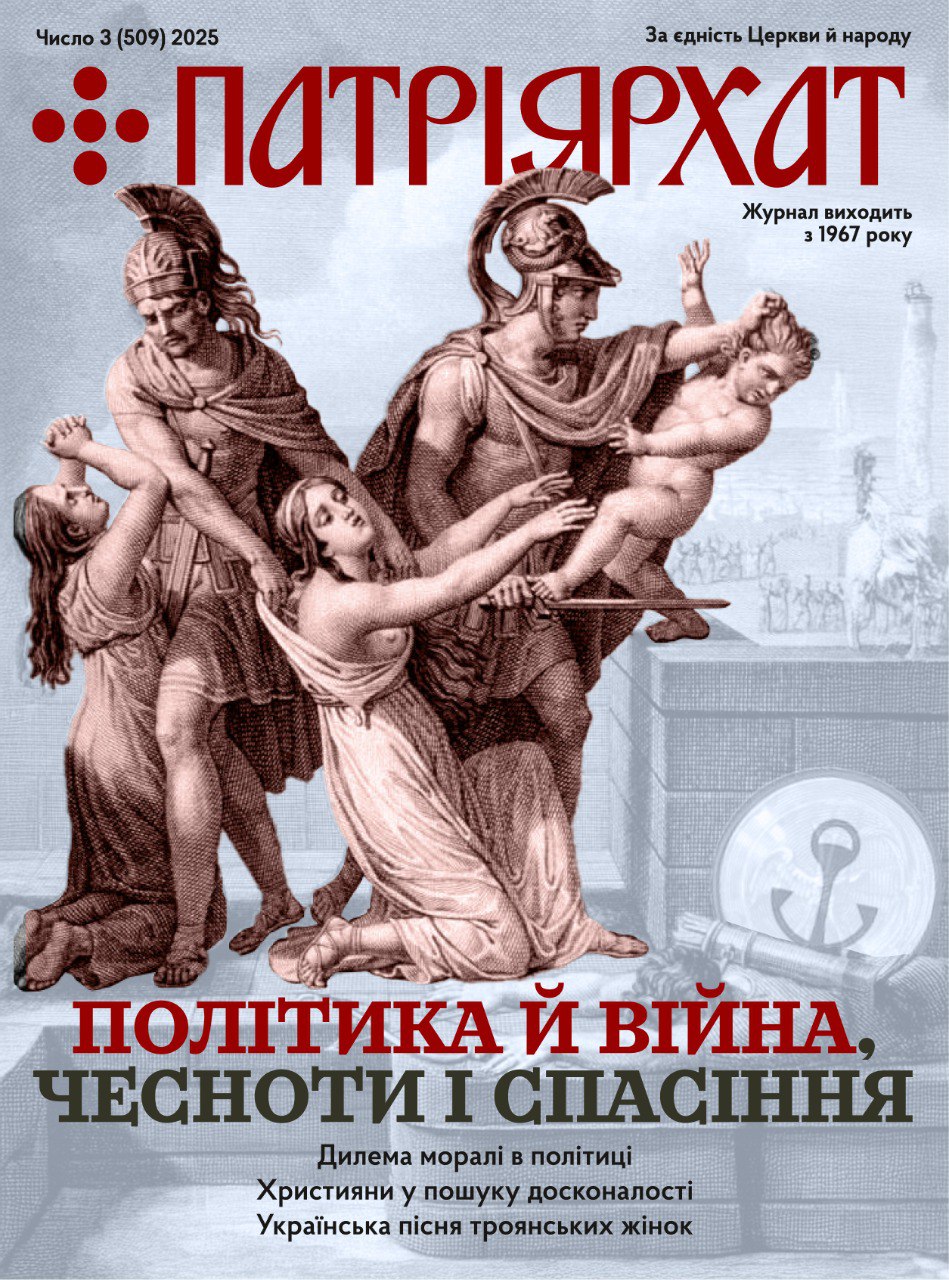VATICAN CITY (NC) – The Ukrainian Catholic bishops’ synod convened March 25 by Pope John Paul II will have significant long-range effects for the Ukrainian Rite, said synod members.
They saw the synod as a starting point for:
– A new sense of worldwide unity and identity in the Ukrainian Rite;
– A renewal of Ukrainian liturgical and spiritual tradition;
– Ending or at least diminishing internal division in the Ukrainian Rite;
— New organizational strength, leadership and unity.
Those expectations went well beyond the immediate purpose of the synod, which was to elect a coadjutor with right of succession to Cardinal Josip Slipyi, exiled major archbishop of Lviv in the Ukraine (Soviet Union).
The naming of a coadjutor to succeed the 88-year-old cardinal upon his death or retirement is in itself «extremely important,» said Archbishop Maxim Hermaniuk of Winnipeg, Manitoba, the metropolitan of the Ukrainian Rite in Canada.
«It means we will have a successor to head our church in the future. It means the church will continue with one authority,» he said.
Archbishop Myroslav Lubachivsky of Philadelphia was chosen as the coadjutor. As head of the Philadelphia See, Archbishop Lubachivsky is metropolitan of all U.S. Ukrainian Rite Catholics.
Prior to being named coadjutor, Archbishop Lubachivsky said the calling of the synod and the right to call other synods in the future is a significant breakthrough for the Ukrainian Rite.
“Now we are able to come together regularly,» he said.
The bishops said the fact that a synod was called to present nominees for the post was itself a great impetus to unity.
In calling the synod Pope John Paul did not back down on the principles under which Pope Paul VI had refused to allow Cardinal Slipyi to convoke a synod in the past. He upheld the Vatican view that the cardinal could not call an ordinary synod while living in exile.
But he bypassed the legal problem of an ordinary synod by invoking the idea of extraordinary synods, always dependent on individual papal approval.
A central value to this approach is that it allows the Ukrainian Rite to renew, at least in a limited way, its traditional method of choosing bishops and making decisions of policy and law for the Rites — a method shared by all the Eastern Rites, Catholics and Orthodox.
Such synods, the Pope said, could be convened to handle church affairs or to propose candidates for bishops.
Archbishop Lubachivsky said the need for new bishops is urgent in the Ukrainian Rite today.
All of the Ukrainian-Rite bishops have dioceses spread over large areas, and many of them feel an urgent need for auxiliary bishops. Currently the Ukrainian Rite Diocese of Edmonton, Alberta, is the only one in the world with an auxiliary.
As for possible synods to treat pastoral concerns or matters of policy or law, synod members focused particularly on the need to deepen the sense of unity and identity in the Ukrainian church spread around the world.
«Ukrainian Catholics have to recover the recognition that they are in the first place members of their own church, and through their church they also acquire membership in the universal, Catholic Church of Rome» said American Bishop Basil Losten of the Ukrainian Diocese of Stanford, Conn.
Archbishop Hermanuik commented, «Without one authority, without one synod of bishops to coordinate and work together — without such structures — it is difficult to keep our traditions, our spirituality, our heritage.» He said greater unity will help solve questions of liturgy, especially as language needs change with new generations of Ukrainian Catholics in the Americas and elsewhere, who grow up not knowing their mother tongue.
Unity and the ability to consult one another more fully will affect such diverse areas as liturgical and spiritual life, pastoral guidance, and lay organizations, he said.
He and others said they believe that the divisions among Ukrainian Catholics over the question of raising of the Ukrainian rite to patriarchal status will be greatly diminished as a result of the new degree of unity and self-government expected to emerge from the new structures.
The patriarch question, he said, is at heart «a question the unity of the church.»
«National Catholic Register», April 13, 1980

